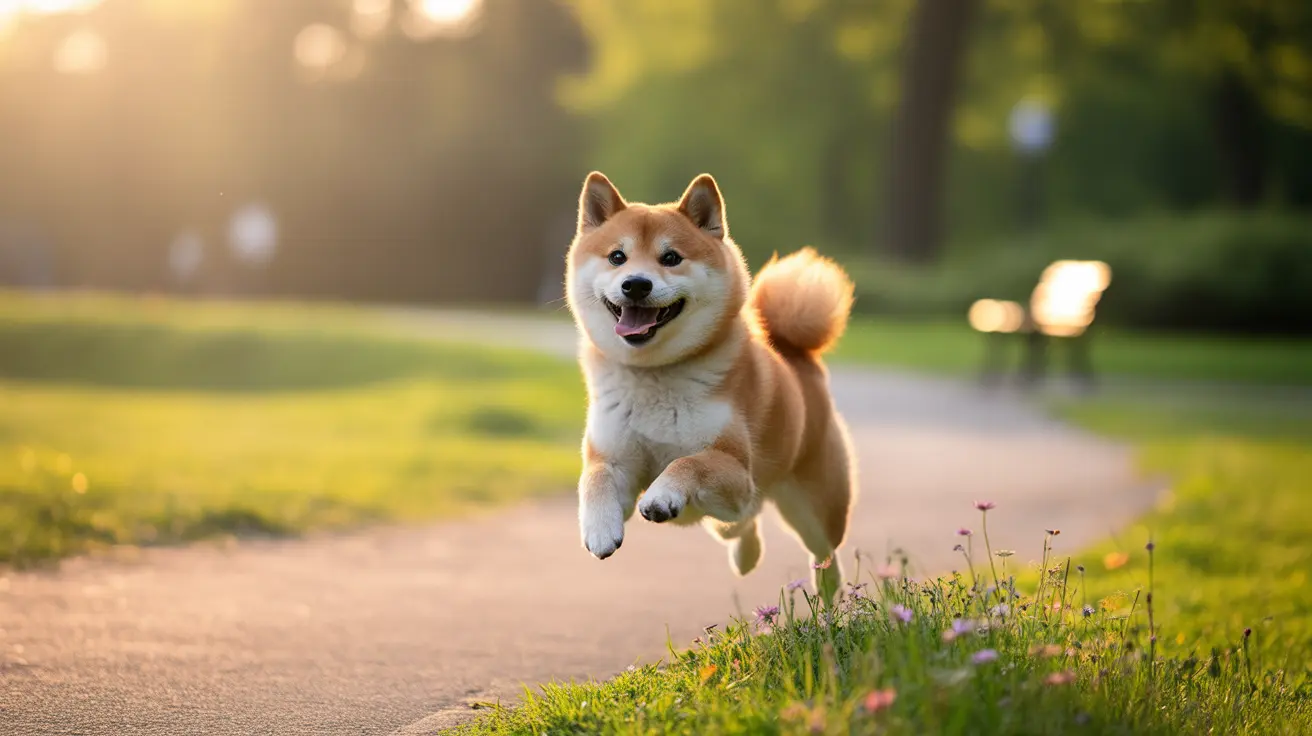If your dog drank wine or any other alcoholic beverage, it's important to take immediate action. Dogs are much more sensitive to alcohol than humans, and even small amounts can lead to serious health complications. Understanding the risks and knowing how to respond quickly can make a crucial difference in your pet's safety and recovery.
In this comprehensive guide, we'll explore what happens when dogs consume wine or other alcoholic beverages, the symptoms to watch for, and the immediate steps you should take to protect your four-legged friend.
Understanding the Dangers of Wine for Dogs
Wine and other alcoholic beverages can be extremely toxic to dogs. Their bodies process alcohol differently than humans do, and their smaller size means they're affected more severely by even minor amounts. The alcohol in wine can cause rapid intoxication, leading to dangerous drops in blood sugar, body temperature, and blood pressure.
Red wine can be particularly problematic due to additional compounds like grape tannins, which are also toxic to dogs. The combination of alcohol and these compounds can create a more severe reaction in your pet.
Immediate Steps to Take After Your Dog Drinks Wine
If you catch your dog drinking wine, don't wait for symptoms to appear before taking action. Follow these immediate steps:
- Contact your veterinarian or emergency animal hospital right away
- Note the amount and type of wine consumed (if possible)
- Monitor your dog's behavior and vital signs
- Keep your dog warm and comfortable during transport to the vet
- Don't induce vomiting unless specifically instructed by a professional
Signs of Wine Poisoning in Dogs
Symptoms of wine consumption in dogs typically appear within 15-60 minutes and may include:
- Disorientation and lack of coordination
- Excessive drooling or panting
- Vomiting or retching
- Lethargy or extreme drowsiness
- Muscle tremors
- Decreased body temperature
- Difficulty breathing
- Collapse in severe cases
Treatment and Recovery
Treatment for wine consumption in dogs depends on several factors, including the amount consumed and how quickly veterinary care is sought. Your vet may:
- Induce vomiting if the wine was recently consumed
- Administer activated charcoal to prevent further absorption
- Provide IV fluids to prevent dehydration
- Monitor vital signs and organ function
- Offer supportive care as needed
Prevention Tips for Pet Parents
The best treatment is prevention. Protect your dog from accidental alcohol exposure by:
- Keeping all alcoholic beverages out of reach
- Cleaning up spills immediately
- Securing garbage containers containing empty bottles
- Informing guests about the dangers of sharing drinks with pets
- Being mindful of alcohol-containing foods and products
Frequently Asked Questions
What should I do if my dog drank wine or another alcoholic drink?
Contact your veterinarian immediately. Don't wait for symptoms to appear, as early intervention is crucial. While waiting for professional help, monitor your dog closely and keep them warm and comfortable.
How much alcohol is dangerous for dogs, and what are the symptoms of alcohol poisoning?
Even small amounts of alcohol can be dangerous for dogs. Symptoms include disorientation, vomiting, lethargy, decreased body temperature, and in severe cases, collapse or coma. The severity depends on the dog's size and the amount consumed.
How quickly does alcohol poisoning in dogs occur after ingestion?
Symptoms typically appear within 15-60 minutes after ingestion. However, the effects can be faster if the dog hasn't eaten or slower if they have a full stomach.
Can dogs recover from alcohol poisoning at home, or is veterinary care always necessary?
Professional veterinary care is always necessary for alcohol poisoning in dogs. Home treatment is not recommended as the condition can quickly become life-threatening without proper medical intervention.
What are the long-term effects if a dog drinks alcohol, and how can I prevent it from happening?
While most dogs recover fully with prompt treatment, repeated exposure can lead to liver damage. Prevent incidents by keeping all alcoholic beverages securely stored away from pets and cleaning up spills immediately.
Remember, when it comes to alcohol and dogs, it's always better to be overly cautious. If you suspect your dog has consumed any amount of wine or other alcoholic beverages, don't hesitate to seek professional veterinary care immediately.






